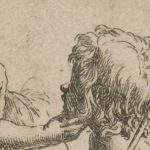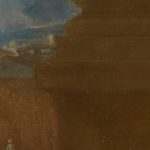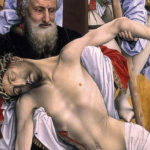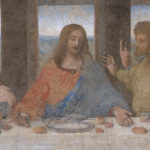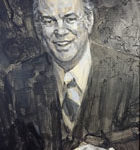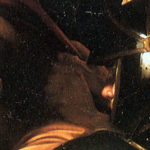
For decades I casually tracked the popular media counselors. They varied in their approaches, but a common oversight reduced their effectiveness. They tended to give too much favor to the seekers who wrote to them, although they handed off, sometimes with a bit of sarcasm, to those who were terribly shallow, crude, for piling it on too heavily against their adversaries. The old general approach worked rather well for interest, entertainment, with some solutions, and celebrity counselors became household friends to millions of readers. At this writing there is something of a turn that significantly improves mass media communication for the agony columns and electronic systems dealing with personal orientations. Instead of focusing on the persons complained against, the counsel… Read more

